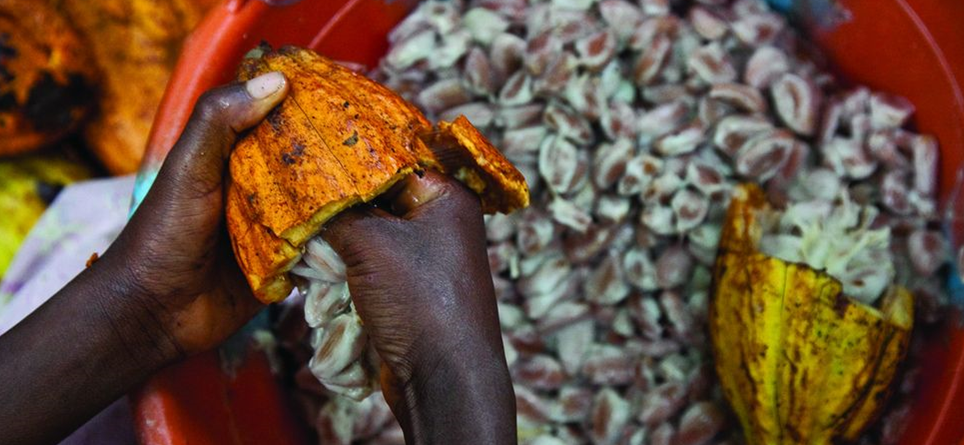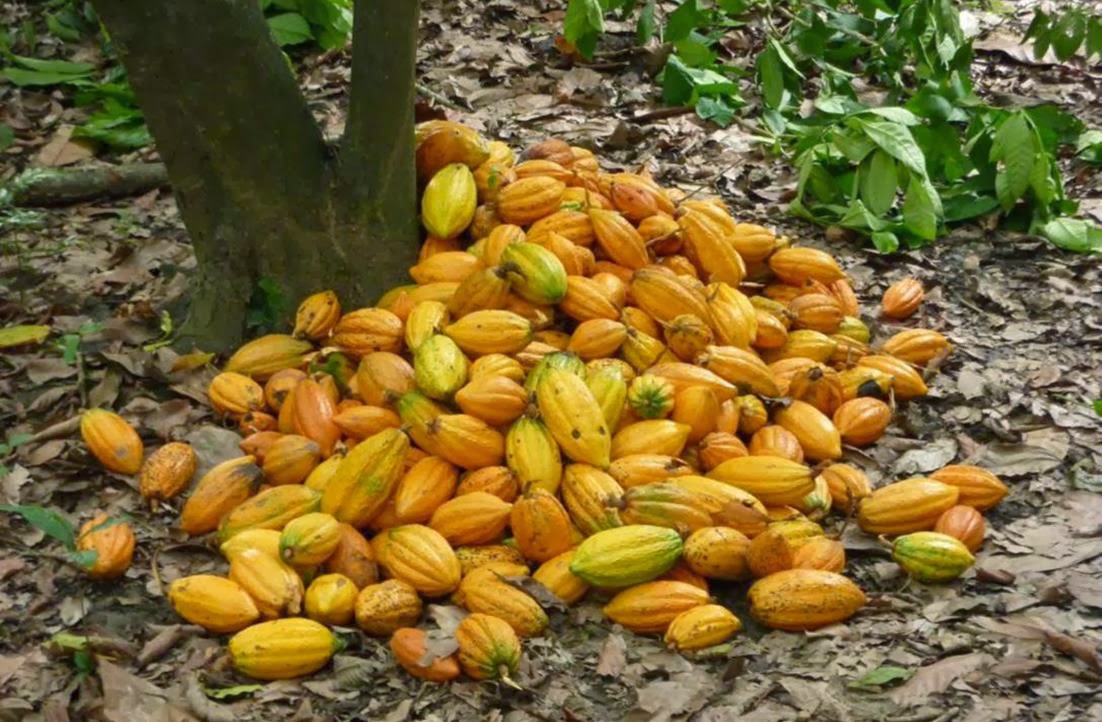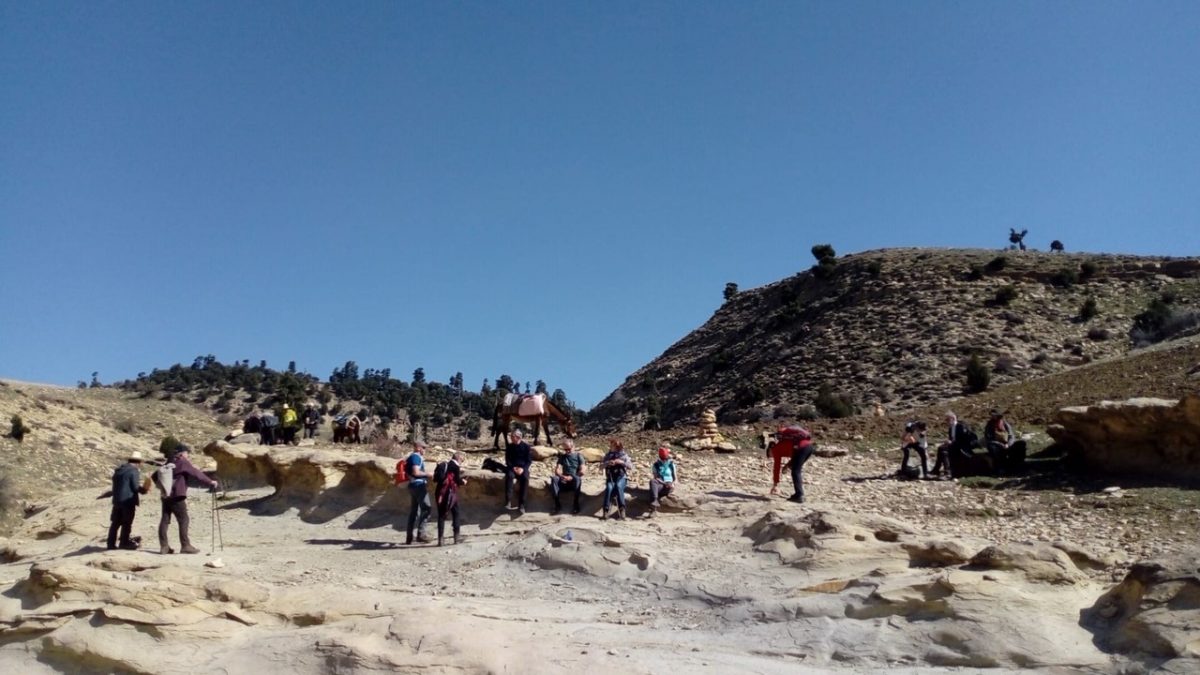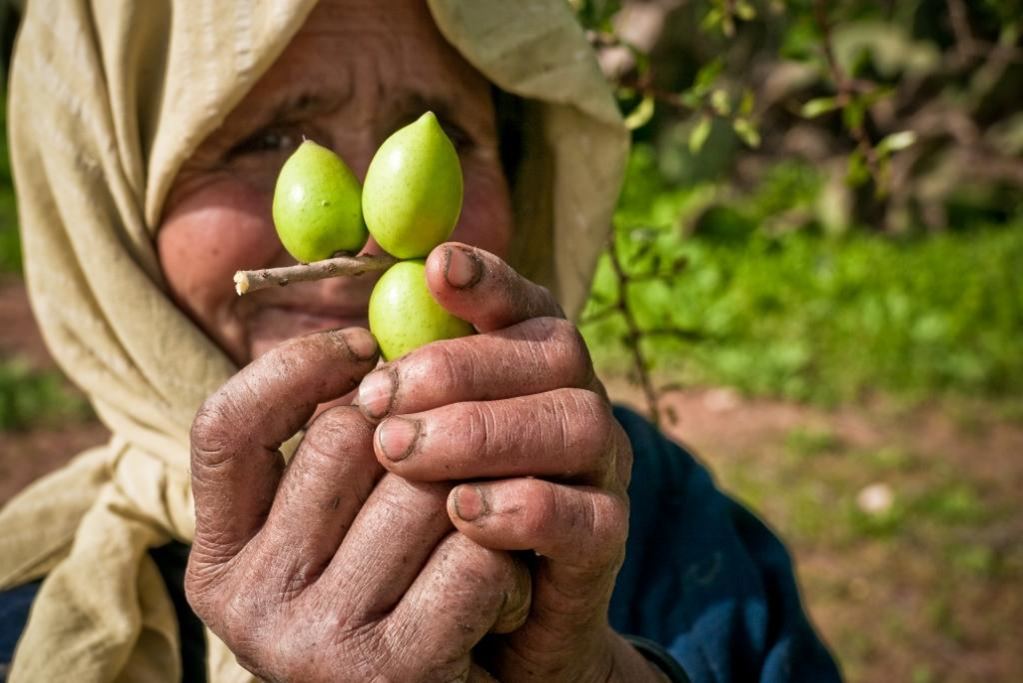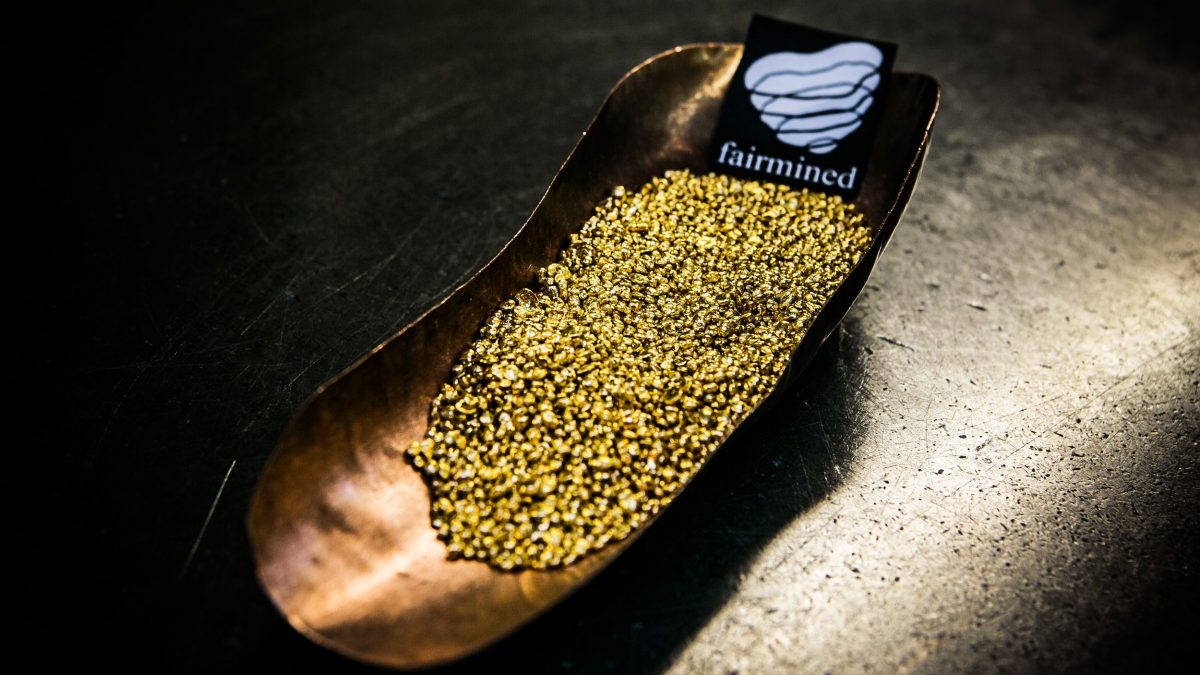COOPARA was established in 2000, 80 km north of Abidjan. This organisation supports 639 cocoa farmers in the region with the production, processing and marketing of their cocoa. COOPARA aims to secure the future of cocoa production by focusing on sustainability. The farmers face serious problems: ageing plants, poor quality of cocoa and a thinning farmers’ population.
COOPARA: cocoa from Ivory Coast
